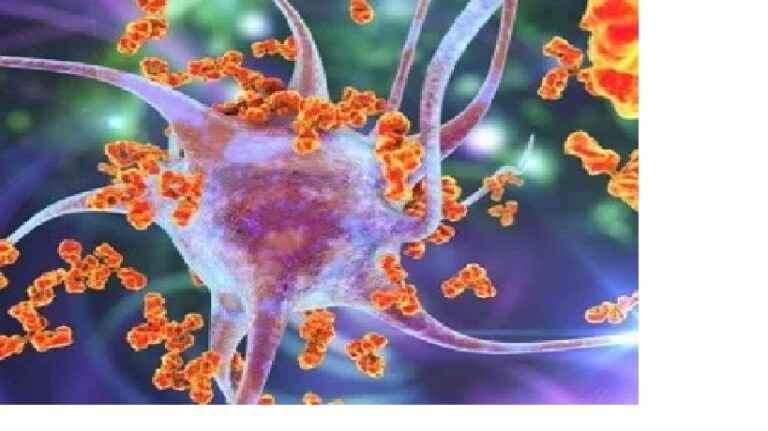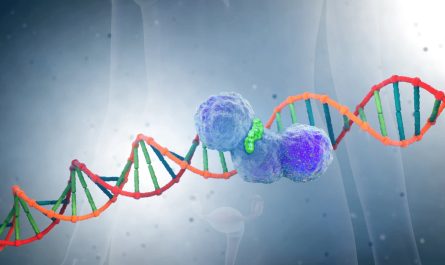Global Muckle Wells Syndrome (GMW) is a rare genetic autoinflammatory disorder characterized by recurring fevers, skin rashes, joint pain, headaches, eye inflammation, deafness and fatigue. People with GMW experience episodes of systemic inflammation throughout their lives. While it was once considered a very rare disease, advances in genomic research have led to a better understanding of its genetic causes and prevalence on a global scale. This article provides an overview of Global Muckle Wells Syndrome including its symptoms, causes, diagnosis and treatment.
What is Global Muckle Wells Syndrome?
Global Muckle Wells Syndrome, also known simply as Muckle-Wells syndrome, belongs to a group of disorders known as cryopyrin-associated periodic syndromes (CAPS). It is the most severe type of CAPS and is inherited in an autosomal dominant pattern. The gene mutation responsible for GMW causes excessive and uncontrolled activation of the immune system, leading to systemic inflammation. Typical symptoms include recurrent fevers, urticarial rashes, joint pains, conjunctivitis, sensorineural hearing loss, fatigue and amyloidosis in long-standing and poorly treated cases.
Symptoms of GMW usually appear in early childhood, often within the first year of life. Symptoms vary from person to person in their frequency and severity. Some people may experience long remission periods interspersed between episodes of inflammation, while others have nearly constant symptoms. Without proper treatment, systemic inflammation can cause progressive organ damage over time. Fortunately, treatment options have now improved quality of life for many GMW patients.
Genetic Causes of GMW
Until recently, GMW was considered exceptionally rare, affecting just 1 in 1 million people worldwide. However, advances in genetic research have revealed that mutations in the NLRP3 gene are actually a common cause of systemic inflammation. The NLRP3 gene provides instructions for making the cryopyrin protein, which plays a key role in regulating inflammation. Mutations in this gene lead to overexpression of inflammatory mediators called cytokines such as interleukin-1 beta (IL-1β).
Specifically, over 95% of GMW cases are caused by a single point mutation in the NLRP3 gene known as Q703K. This mutation disrupts the structure of cryopyrin and causes it to become hyperactive, continuously signaling the immune system even in the absence of infection or injury. As a result, people with GMW endure lifelong, systemic inflammation from their own immune systems. Genetic testing allows physicians to confirm a GMW diagnosis by detecting the characteristic NLRP3 mutation.
Diagnosis and Treatment of GMW
There is no single test to diagnose Global Muckle Wells Syndrome. Physicians consider a patient’s family history, conduct examinations to check for signs of systemic inflammation and order laboratory tests. Additionally, genetic testing is used to identify the telltale NLRP3 mutation. Making an accurate diagnosis is important, as GMW treatment differs from treatments for other autoinflammatory diseases.
Previously, GMW could only be managed through symptomatic treatments like anti-inflammatory drugs. However, targeted biologic therapies that specifically block IL-1β have revolutionized GMW treatment. The biologics anakinra and canakinumab are highly effective at suppressing the excessive inflammatory response caused by the NLRP3 mutation. Regular injections of these medications allow most GMW patients to achieve remission from their symptoms and prevent long-term health issues from chronic inflammation.
Outlook and Prognosis
With appropriate treatment, people with Global Muckle Wells Syndrome can expect to lead healthy, productive lives and achieve significant improvement in their quality of life. Early diagnosis and treatment are key, as they help prevent irreversible damage from long-term inflammation. Advances in genetic understanding have allowed physicians to recognize GMW more easily and offer targeted therapies that dramatically improve symptoms and outcomes. As research expands our knowledge of autoinflammatory diseases, new treatment approaches may emerge in the future. For now, biologics represent an excellent option capable of transforming the lives of individuals living with GMW worldwide.
In summary, Global Muckle Wells Syndrome is a rare monogenic autoinflammatory disease that causes recurrent fever episodes and systemic inflammation. Advances in genetics have revealed its underlying NLRP3 mutation and led to highly effective IL-1β blocking therapies. Improved diagnosis and availability of biologic medications have given GMW patients renewed hope for managing their condition long-term without debilitating symptoms. Ongoing research continues striving for a deeper mechanistic understanding and innovation of new treatments.
*Note:
- Source: CoherentMI, Public sources, Desk research
- We have leveraged AI tools to mine information and compile it



